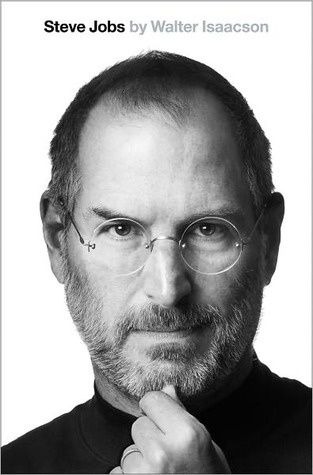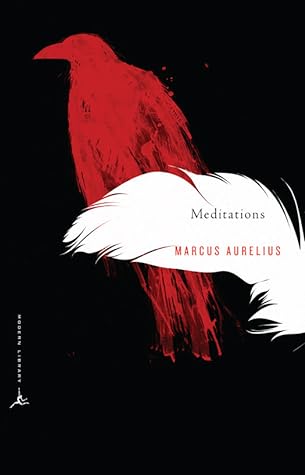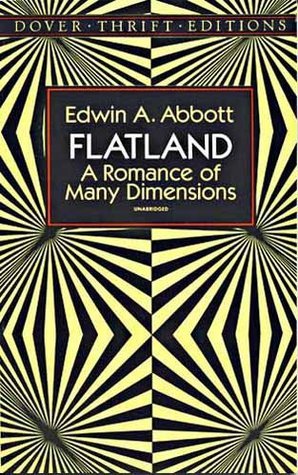My Favorite Reads of 2024
Steve Jobs
by Walter Isaacson

Before picking this up, I thought it’d be a book praising the man from beginning to end; but I was wrong. I think there’s a halo effect surrounding Steve Jobs (and I’m part of the club, too) that the man didn’t do anything wrong. He was all innovation and perfection. But that’s just partly true. He was a human being after all and did what all human beings do. He was a jerk to a lot of people around him, including his immediate family; he lied at times like everybody else; and he also failed on a number of projects (MobileMe, for one).
As Isaacson points out at the end, it’s important to understand a person as a whole and not focus on a few good or bad traits. He mentions in the book that some people take the bad ones and think of themselves as the next Steve Jobs: “You know, I do the same thing. I’m often a jerk to my employees, too.” But they forget Jobs’ genius and innovations.
Jobs was a legend and will always be remembered as such. At the same time, it’s important to acknowledge that he also made mistakes (both in his career and personal life) and try to avoid them as much as we can. Otherwise, what’s the point of reading biographies and memoirs?
Some Quotes I Liked
Unlike other product developers, Jobs did not believe the customer was always right; if they wanted to resist using a mouse, they were wrong.
Some people say, “Give the customers what they want.” But that’s not my approach. Our job is to figure out what they’re going to want before they do.
It’s not done until it ships.
Meditations
by Marcus Aurelius; translation by Gregory Hays

What makes the book fascinating is that Marcus Aurelius wrote these notes for himself, not for anyone else. This gives the book significant credibility. When you’re talking to yourself, you’re honest; you don’t mince words, try to impress others, lie to sound smart, or hide embarrassing thoughts. You’re your most authentic self when talking to yourself.
The notes focus on living a better life, free from envy, anger, and other harmful emotions. They emphasize letting things go and preventing them from harming you: “Choose not to be harmed—and you won’t feel harmed.”
However, Marcus Aurelius was a religious man and a strong believer in the gods (primarily Zeus). So, If you’re not a religious person, you may find some of the notes less applicable to your life.
Some Quotes I Liked
Everything you see will soon alter and cease to exist.
Choose not to be harmed—and you won’t feel harmed.
Remember this principle when something threatens to cause you pain: the thing itself was no misfortune at all; to endure it and prevail is great good fortune.
When you wake up in the morning, tell yourself: The people I deal with today will be meddling, ungrateful, arrogant, dishonest, jealous, and surly. They are like this because they cannot tell good from evil.
Flatland: A Romance of Many Dimensions
by Edwin A. Abbott

An interesting tale about lands of different dimensions: Point, Flat, and SpaceLand. My main take from the text is that expanding your horizons (or dimensions) can show how little we truly know about our universe. A King in PointLand is considered foolish in FlatLand because he doesn’t know anything of the world beyond his Point of existence. With the same token, there might be four-dimensional people currently laughing at our ignorance. I hope I’ll be there when the first contact happens.
Some Quotes I Liked
Configuration makes the man.
Mark his perfect self-contentment, and hence learn his lesson, that to be self-contented is to be vile and ignorant, and that to aspire is better than to be blindly and impotently happy.